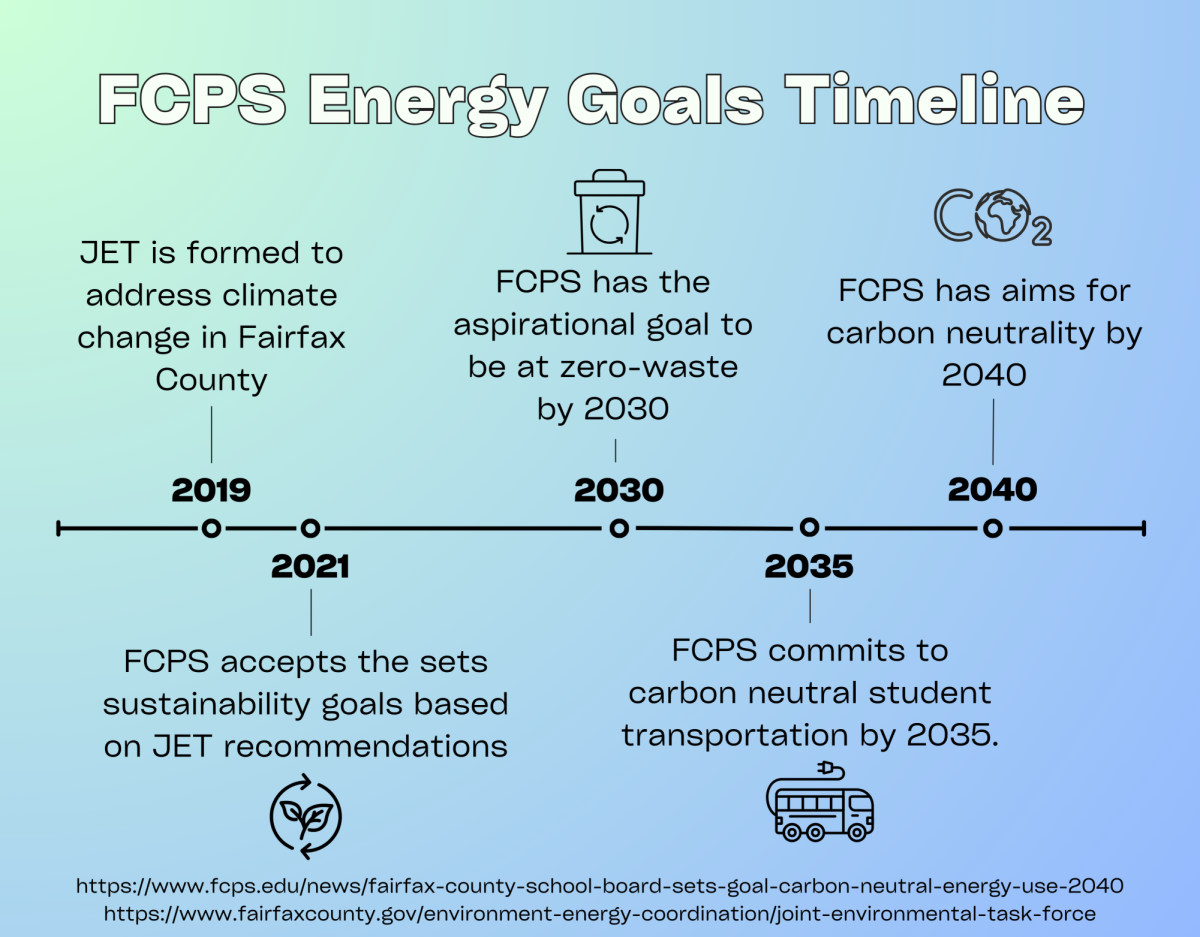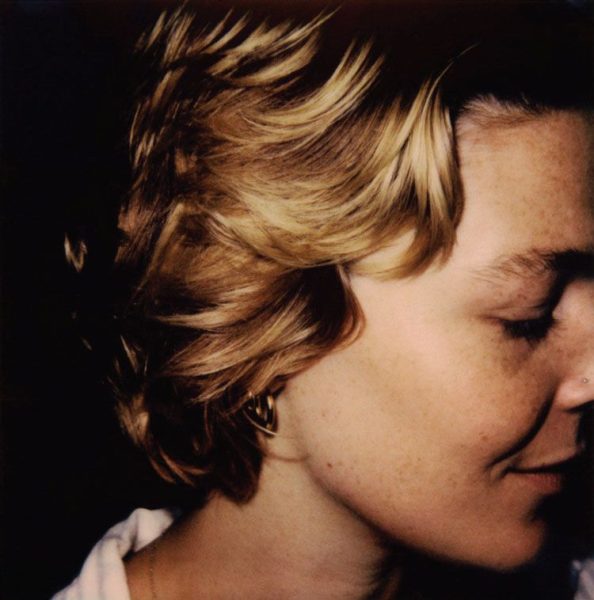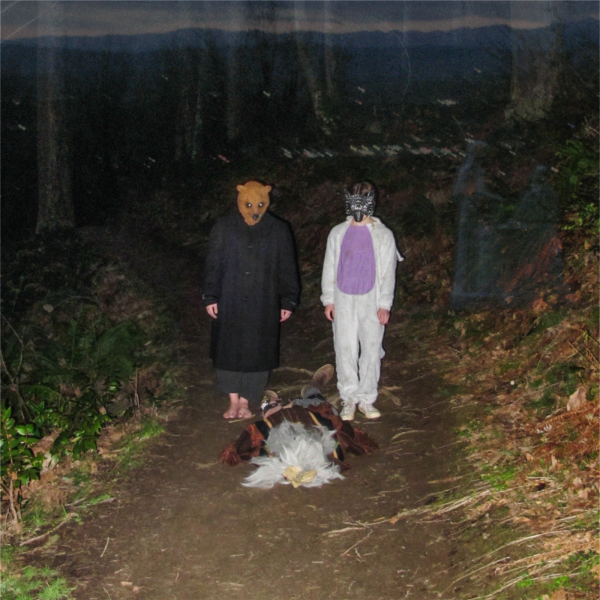Lana Del Rey’s new record focuses on personal growth
March 24, 2021
Dreamy, melancholic sounds discussing self-worth, isolation, and romance are staples of any Lana Del Rey album. In her latest studio album, Chemtrails Over the Country Club, Del Rey conveys her growth in relationships with herself, lovers, and Hollywood, and expresses a more mature version of herself, all while building upon her staple sound.
Contrasting her last album, this new album is set in the Midwest and adopts an elevated sound that includes more breathy vocals with the occasional classic folk sound blended with her typical music style.
Many fans may be concerned about the change, considering her past albums revolved around the experiences of a care-free, young woman in California with indie rock instrumentals. There is no need to worry. Del Rey builds upon certain themes that appeared in past albums and shows her growth as a human being while flawlessly incorporating an indie folk sound.
The album starts off with “White Dress,” in which Del Rey reflects on her past and her life before fame. She contemplates whether or not the fame she amassed was worth everything she went through.
She contrasts her simple upbringing with her life now with lyrics like “When I was a waitress wearing a tight dress handling the heat. I wasn’t famous, just listening to Kings of Leon to the beat. Like look how I got this.” Throughout the song, she looks foundly upon her younger years and wonders what her life would have been like if she never met the “Men in the Music Business Conference.”
As the album goes on, Del Rey touches on themes present in her past albums.
In the title track, “Chemtrails Over the Country Club,” Del Rey expresses her deep admiration for her lover. It parallels ways she had previously talked about love, but now she is more confident in her relationship and mature.
“Chemtrails Over the Country Club” expresses joy in the simple activities she and her lover do.
“Meet you for coffee at the elementary schools. We laugh about nothing as the summer gets cool. It’s beautiful how this deep normality settles down over me. I’m not bored or unhappy, I’m still so strange and wild.” This expresses her happiness in normality. She has finally realized that she does not need wildness in her relationships to be fulfilled.
In “Diet Mountain Dew” from her album Born to Die, she discussed her insecurities in her relationship, asking her lover “Do you think we’ll be in love forever? Do you think we’ll be in love” and she mentioned throughout the song her need for excitement in a relationship.
“Chemtrails Over the Country Club” shows Del Rey’s evolved feelings towards love and expresses them through softer, melodic sounds, contrasting the more upbeat and almost uncertain sounding tunes in her earlier songs.
Though she has progressed in her relationships with lovers, Del Rey still tackles the topic of toxic relationships.
Many of her previous songs, such as “Ultraviolence” and “Off to the Races,” were about unhealthy relationships. In these songs, she convinced herself that her partners’ abusive actions were justifiable.
In the song “Breaking Up Slowly,” Del Rey finally realizes that she needs to leave her toxic lovers, even if it is difficult. The song perfectly shows her evolution from glamourising unhealthy relationships to recognizing the importance of leaving toxicity. It adopts a similar eerie sound as heard on her other songs about toxic relationships, but she incorporates a folk element that sets it apart from the other songs.
With the immense pressure put upon singers by record labels and society, many feel as though they need to change themselves. Del Rey tackles this idea in “Dark but Just a Game,” stating “Sweet, but whatever, baby and that’s the price of fame.” She mentions the pressure she faces to change herself, but says she’ll “stay the same.”
Del Rey has produced dream-like songs glamorizing the reckless, young lifestyle in her past albums. With the folk spin on her classic sound, she manages to encapsulate her maturity and growth. Del Rey has changed, and this new album reflects it.
This story was originally published on Purbalite on March 22, 2021.
































![IN THE SPOTLIGHT: Junior Zalie Mann performs “I Love to Cry at Weddings,” an ensemble piece from the fall musical Sweet Charity, to prospective students during the Fine Arts Showcase on Wednesday, Nov. 8. The showcase is a compilation of performances and demonstrations from each fine arts strand offered at McCallum. This show is put on so that prospective students can see if they are interested in joining an academy or major.
Sweet Charity originally ran the weekends of Sept. 28 and Oct. 8, but made a comeback for the Fine Arts Showcase.
“[Being at the front in the spotlight] is my favorite part of the whole dance, so I was super happy to be on stage performing and smiling at the audience,” Mann said.
Mann performed in both the musical theatre performance and dance excerpt “Ethereal,” a contemporary piece choreographed by the new dance director Terrance Carson, in the showcase. With also being a dance ambassador, Mann got to talk about what MAC dance is, her experience and answer any questions the aspiring arts majors and their parents may have.
Caption by Maya Tackett.](https://bestofsno.com/wp-content/uploads/2024/02/53321803427_47cd17fe70_o-1-1200x800.jpg)
![SPREADING THE JOY: Sophomore Chim Becker poses with sophomores Cozbi Sims and Lou Davidson while manning a table at the Hispanic Heritage treat day during lunch of Sept 28. Becker is a part of the students of color alliance, who put together the activity to raise money for their club.
“It [the stand] was really fun because McCallum has a lot of latino kids,” Becker said. “And I think it was nice that I could share the stuff that I usually just have at home with people who have never tried it before.”
Becker recognizes the importance of celebrating Hispanic heritage at Mac.
“I think its important to celebrate,” Becker said. “Because our culture is awesome and super cool, and everybody should be able to learn about other cultures of the world.”
Caption by JoJo Barnard.](https://bestofsno.com/wp-content/uploads/2024/01/53221601352_4127a81c41_o-1200x675.jpg)










